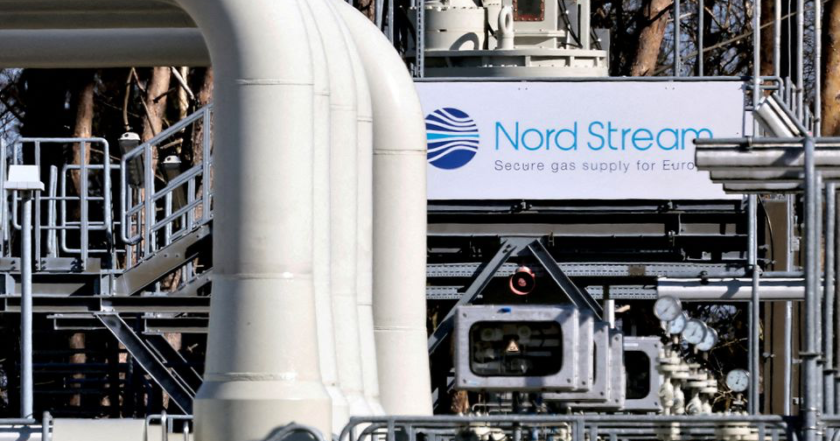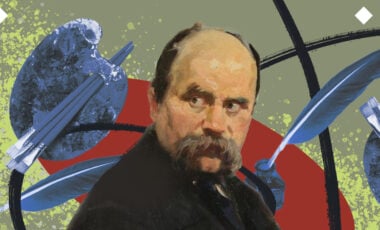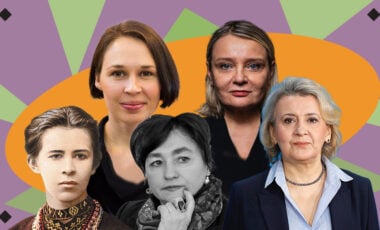EU countries agree on voluntary gas consumption reduction, only Hungary voting against

The energy ministers of the EU countries reached a political agreement on the voluntary reduction of gas consumption in the coming winter
As the EP writes, it was reported by the Czech Presidency of the EU Council on Twitter.
"This was not a Mission Impossible! Ministers have reached a political agreement on gas demand reduction ahead of the upcoming winter," the message states.
As noted by the Minister of Energy of Luxembourg, Claude Turmes, the only country that voted against the European Commission's proposal was Hungary.
However, a qualified majority is enough to make a decision.
"The EU stands together — agreement on a 15% coordinated demand reduction regulation in only one week! — reducing our #gas consumption by 45 bcm is the best move to react to putin's gas blackmail — only Hungary voted against," the minister tweeted.
The plan includes a binding target of reducing consumption by 15% in emergencies, such as a severe disruption of supplies from russia. Although, it provides for exceptions for particularly vulnerable countries or those that are an integral part of the bloc's network.
The rapid pace of agreement when the European Commission first proposed the regulation last week reflects the rapidly deteriorating situation with russian gas supplies.
The key Nord Stream 1 gas pipeline supplies will be cut to around 20% of capacity from Wednesday.
Gazprom said that one more turbine needs maintenance and will be taken out of operation.
It makes it even less likely that EU countries will be able to meet their 80% gas storage target, raising the stakes to cut consumption.
Once an agreement is reached, the rules should enter EU law in the coming days.
The new rules are an "unprecedented step of European solidarity," said Sven Hygold, Germany's deputy economy minister.
"Member countries that do not import Russian gas are showing support and have pledged to reduce consumption. This has never happened before," he said.
Ahead of the ministers' meeting, some countries, including Italy, Hungary, Poland, Portugal, and Spain, raised concerns about the reduction targets.
They stated the reduction in demand already achieved, the lack of gas connections with other countries, and the fact that energy decisions are usually a national competence.
The Czech Republic, which holds the presidency of the EU Council, has recently proposed several changes to the European Commission's proposal from last week to overcome their opposition.
According to a draft seen by Bloomberg, the changes included a provision that would increase the number of countries required to make the 15% demand cut mandatory to five from three.
It should be recalled that the EU said that the statement of the russian monopolist Gazprom about the further reduction of gas supplies to Europe this week is politically motivated and has no technical basis.
It should be noted that the head of the European Commission, Ursula von der Leyen, welcomed the decision of the EU energy ministers to reduce the demand for gas against the background of russian gas blackmail.
It is mentioned in von der Leyen's statement released on Tuesday, the EP reports.
"Today, the EU has taken a decisive step to face down the threat of a full gas disruption by putin.
I strongly welcome the endorsement by Council of the Council Regulation on coordinated demand reduction measures for gas," Ursula von der Leyen said.
The head of the European Commission emphasized that the political agreement concluded by the Council in record time based on the proposal of the European Commission will ensure an orderly and coordinated reduction of gas consumption in the EU in preparation for the coming winter.
"The collective commitment to reduce by 15% is very significant and will help fill our storage ahead of winter.
Moreover, the possibility to declare a state of EU alert triggering compulsory gas consumption reductions across the Member States provides a strong signal that the EU will do whatever it takes to ensure its security of supply and protect its consumers, be it households or industry," the President of the European Commission stressed.
The announcement by Gazprom that it is further cutting gas deliveries to Europe through Nord Stream 1, for no justifiable technical reason, further illustrates the unreliable nature of Russia as an energy supplier, von der Leyen added.



















































